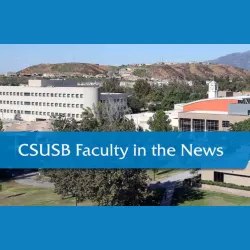
Brian Levin (criminal justice) was interviewed for an article looking back at the Mother Emanuel AME Church tragedy, as well as numerous articles reporting on the potential for election-related unrest and violence.
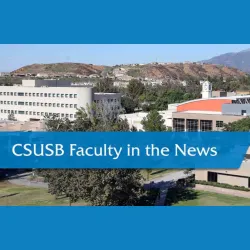
Jason Burke (chemistry and biochemistry) has received a research grant from the National Institutes of Health and Brian Levin (criminal justice) discussed a variety of topics related to extremism.
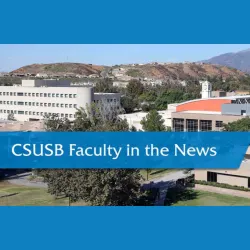
Kaitlyn Creasy (philosophy) was interviewed for an article about how the pandemic and the election are affecting people’s optimism, and Brian Levin (criminal justice) was interviewed about the potential for violence by extremists related to the election.
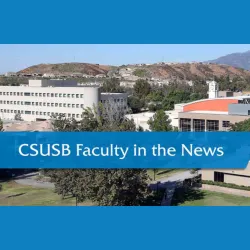
Francisca Beer (finance), Mary Texiera (sociology), Ahlam Muhtaseb (communication studies) and Brian Levin (criminal justice) were included in recent news coverage.
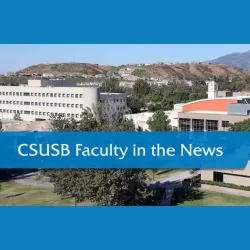
Meredith Conroy (political science) discussed the weaponization of masculinity in the 2020 presidential election, and Kevin Grisham (geography and environmental studies) was interviewed about the influence of President Trump’s rhetoric on extremists, and about the QAnon conspiracy theory.
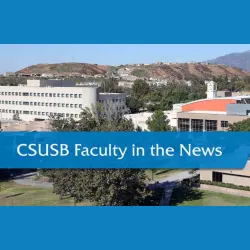
Brian Levin (criminal justice), David Yaghoubian (history) and Anthony Silard (public administration) shared their expertise in recent news coverage.
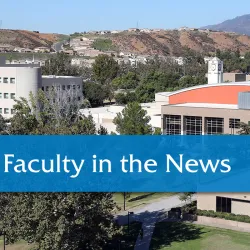
Jess Nerren (communication studies), Mike Stull (entrepreneurship), Meredith Conroy (political science) and Brian Levin (criminal justice) were featured in recent news coverage.
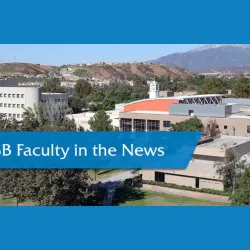
Brian Levin (criminal justice) was interviewed by news media to share his perspective on the arrest of a group of 13 suspected terrorists who authorities say had plotted to kidnap Michigan Gov. Gretchen Whitmer.
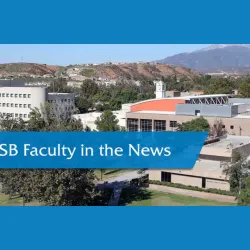
Meredith Conroy (political science) participated in a politics chat on the FiveThirtyEight website in advance of the Oct. 7 vice presidential debate, and Brian Levin (criminal justices) was interviewed about the psychology behind people joining extremist groups and movements.